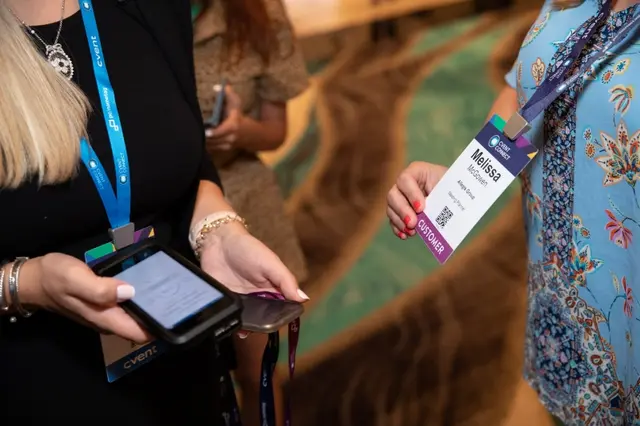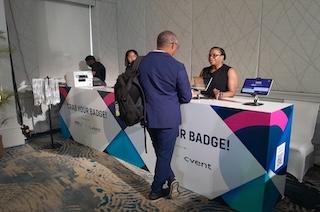The Public Relations Society of America has launched a project to have its members and others submit definitions for Public Relations. I read a number of stories surrounding this project and felt as if all of them were mine. Especially Rosanne Fiske’s story on your family not understanding what you do. When I worked at the Nation Newspaper as it Corporate Communications Manager, my mother was fine with that because she understood the concept of working for a reputable organization no matter the job. When I set up my own PR Agency she was however very worried for me because she could not fathom how I would make money and what service I was truly offering.
The PRSA 1982 National Assembly formally adopted a definition of public relations, which remains widely accepted and used today: “Public relations helps an organization and its publics adapt mutually to each other.”
Hello, so how does that really translate to a pound of butter? In University where I met and fell in love with PR, the good ole “PR Bible” Effective Public Relations 6th ed by Cutlip, Center and Broome defined PR as the “ management function that defines, establishes and maintains mutually beneficial relationships between an organization and the various publics on whom its success or failure depends.” This has since been refined in a newer version by the goodly gentlemen.
In my mind what has been missing from all the PR definitions thus far is, what is it we do on a daily basis. Doctors heal sick people. Lawyers defend the innocent and not so innocent, architects design houses etc. These things are clear. But not the PR Professional we do not have a set job function. Some people write, talk, advocate, advertise, design, market and all call themselves PR professionals.
But what is the unifying element that makes persons that that do completely different jobs on a daily basis define themselves as PR professions. What do we all do that our mothers can say wow hon. I am so proud of you. To my mind the unifying element is that we make others look good. We coach them on being good citizens, we tell their good story. We make our clients, bosses, businesses look good. We tell the good story and manage the bad. We are the reputation managers. We in PR resent terms like “spin doctor” because of the negative connotation attached and because it goes against the grain of our professional code of ethics. But when it all boils down we are the Communications Doctors. Who do companies turn to when they are in crisis but the Communications Professional even though we are most times left out of the discussions that got the companies in the hot water in the first place.
We are in business because companies/individuals fear the media, fear public speaking, fear writing for public consumption. We are here because they want to be liked by their customers and because they want people to know that they exist and that they are doing a good job. So far I have left off the even more popular debate of who PR reports to and where it sits in an organization. PR to my mind can only report to one person – the CEO. By its very nature, the sensitivity of the information with which the practitioner has to work renders the job a top dog one.
My humble submission to this definition and my answer to my mom. People pay me to make them look good in the public domain. How I do that is another matter for discussion.
{{cta('22bef3f6-e943-431c-acbc-4252f07ff6fc')}}

Share this article:
P





